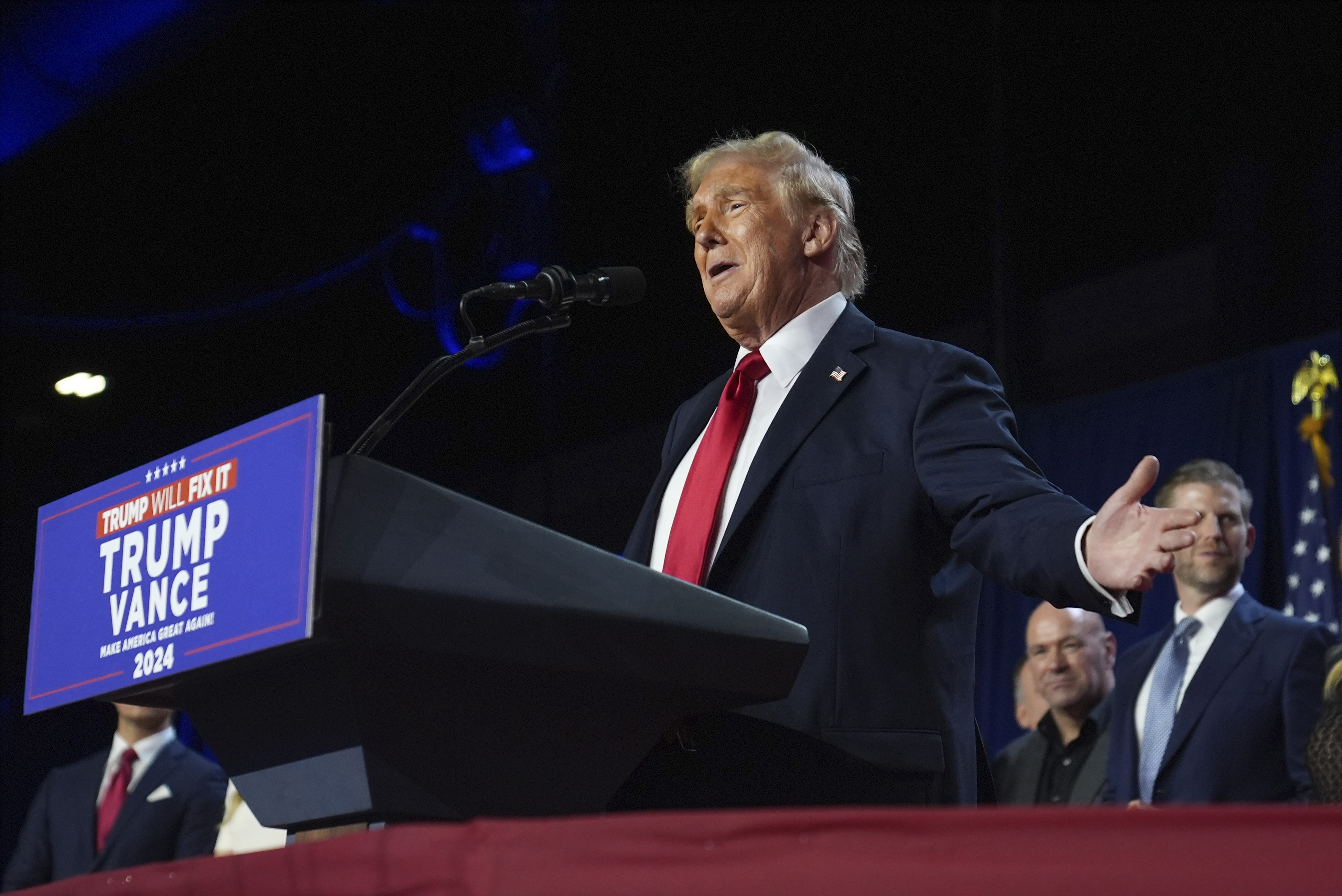Business
Trump Challenges Global Climate Policies, Reaffirms U.S. Energy Dominance at UN
Soledad Evangelista
06 Nov, 2025

At the United Nations assembly, President Donald Trump delivered a pointed critique of current global climate policies, labeling them as exaggerated threats that have led to significant economic burdens without substantial benefits. He argued these policies have contributed to rising energy costs and the decline of the American industrial sector.
Trump emphasized his commitment to restoring U.S. energy leadership centered around nuclear power and natural gas. He stated, "Climate change, like every other issue, is a tradeoff," accusing the incumbent administration of raising electricity prices by 25 percent, closing dependable power plants, and weakening the nation’s manufacturing base. "We're going to bring back data, science, and honest dialogue — no more cancel culture," he added.
Following the president’s remarks, Energy Secretary Chris Wright elaborated on this stance during a press conference. Wright announced the Department of Energy's plan to return over $13 billion in unused subsidies for renewable energy and electric vehicle programs to the U.S. Treasury. "Thirty-three years of subsidies for wind and solar is enough," Wright asserted. "If these industries cannot stand on their own after decades, maybe they're not businesses going places. We need firm, reliable energy — not fragile grids and higher prices."
Wright clarified that no offshore wind projects have been canceled but noted several are currently paused due to litigation and environmental reviews involving fisheries and endangered species, such as right whales. He highlighted the limitations of wind and solar power during peak demand periods — such as cold winter nights and prolonged calm weather — when consistent energy supply is critical. "If you're going to be useful on the grid, you have to be there 24/7," he explained.
Both Trump and Wright underscored nuclear energy and natural gas as the most pragmatic solutions to support artificial intelligence advancements, revive U.S. industry, and reduce consumer energy costs. Wright further dismissed electric vehicles as ineffective in reducing carbon emissions and pledged support for domestic mining of rare earth elements and lithium, pointing to projects in Wyoming, Arkansas, and Nevada.
On the international front, the administration outlined its strategic partnerships:
-
India: The U.S. seeks to deepen collaboration on gas, coal, nuclear energy, and clean fuels, while encouraging New Delhi to reduce its reliance on Russian oil.
-
Europe: Washington urges accelerated efforts to transition away from Russian gas, promoting U.S. liquefied natural gas (LNG) as a reliable alternative.
-
Alaska LNG: Wright announced that an 800-mile pipeline project could commence construction within a year, supported by Japanese, Korean, and American investors.
-
Middle East & Caucasus: The U.S. expressed support for oil and gas developments in Kurdistan and positioned Azerbaijan as a key energy corridor to Europe.
This renewed approach reflects the administration’s intent to fortify American energy infrastructure, foster global energy partnerships, and prioritize stable, cost-effective energy solutions over subsidized renewable initiatives.
Recommended For You

Gabriela Rep. Sarah Elago Joins House Minority Bloc as Its 28th Member
Nov 06, 2025
Gaudencio Roxas

Leadership Changes at AllDay and AllHome Follow Earnings Decline and Supplier Payment Issues
Nov 06, 2025
Hilario Ongpauco

Severe Tropical Storm Opong Intensifies, Prompting Warnings Across Eastern Visayas
Nov 06, 2025
Consolacion Javellana

Rookie Impact Key as U.S. and Europe Prepare for Ryder Cup Clash at Bethpage Black
Nov 06, 2025
Gaudencio Roxas
